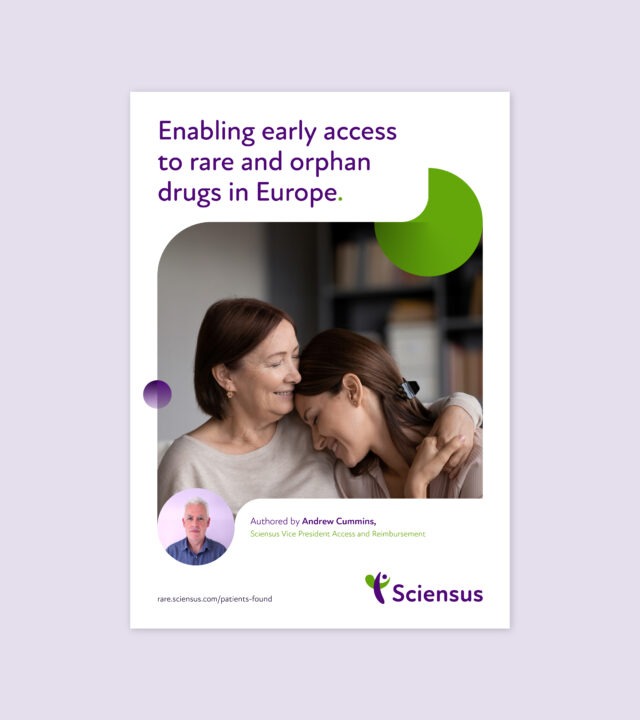
Promising breakthrough for patients with rare form of cancer
A recent breakthrough in the treatment of malignant pleural mesothelioma (MPM) , published in JAMA oncology, may be a pivotal moment in the fight against this rare and aggressive cancer. At Sciensus, we see the success of the ATOMIC-meso trial as both a success for the scientific community and a beacon of hope for patients worldwide who face the grim reality of a disease that has been without effective treatment for far too long.
Frequently associated with asbestos exposure, MPM has long been a challenge for both oncologists and researchers. With one of the lowest survival rates among solid cancers (5-10%), MPM is known to be extremely aggressive and, until now, has had limited treatment options. The average survival time for many patients is tragically short.
This ground breaking trial is the first time a drug that targets a cancer’s metabolism has been combined with chemotherapy. It offers a significant leap forward in the potential treatment of MPM.
The ATOMIC-meso trial’s findings show a modest increase in survival rates, but for patients and their families, this extension of life is invaluable. Through a combination treatment of chemotherapy and a new drug, ADI-PEG20, survival increased by 1.6 months and patients were four times more likely to survive for three years or more compared to those who received chemotherapy alone.
What makes this advancement particularly interesting is its innovative approach. ADI-PEG20 starves the cancer cells of a critical nutrient. This is a form of metabolic therapy and, combined with chemotherapy, it has opened new options for treating MPM. It is hoped that the technology could be used in the treatment of other similar cancers. Trials are ongoing to see how far the discovery could be applied in the treatment of aggressive rare cancers.
The development highlights the importance of continued investment in cutting-edge research. For two decades, a team at Barts Cancer Institute at Queen Mary University of London have been searching for a therapy that could improve the outlook for patients with mesothelioma.
At Sciensus, we’re inspired by these developments and are delighted to see how research continues to lead to new cancer treatment options and better outcomes for cancer patients. Through our cancer care at-home service, we provide cancer medicine and treatment in the home environment, from aseptic compounding to systemic anti-cancer treatment. For 30 years, we’ve supported patients across the UK and Europe to access the life-changing treatment they need. Today, we combine this powerful clinical experience with the latest technology to help more than 240,000 patients a year make the most of their medicine.
We believe in making patients’ experience of cancer treatment as straightforward and supportive as possible to improve their experience and health outcomes. A vital part of this is ensuring we work with the scientific industry to offer patients more choice, whether that’s over the treatment they receive or where they choose to be treated. We look forward to hearing more about how this metabolic technology could be used to open new treatment paths for patients in desperate need.
For more information on our private cancer treatment services, visit our cancer page or talk to us to find out more.

Blogs/Articles
Accessing and supporting EU rare disease patients: a quick guide
Overcoming challenges in finding rare disease patients in Europe Rare diseases mean rare patients. In Europe ‘rare’ is defined as…
Case Studies
Developing a comprehensive support program in Europe
Overview Sciensus is a leading provider of Patient Support Programs (PSPs). These bespoke programs are delivered by highly qualified Healthcare…

Thought Leadership
Enabling early access to rare and orphan drugs in Europe
